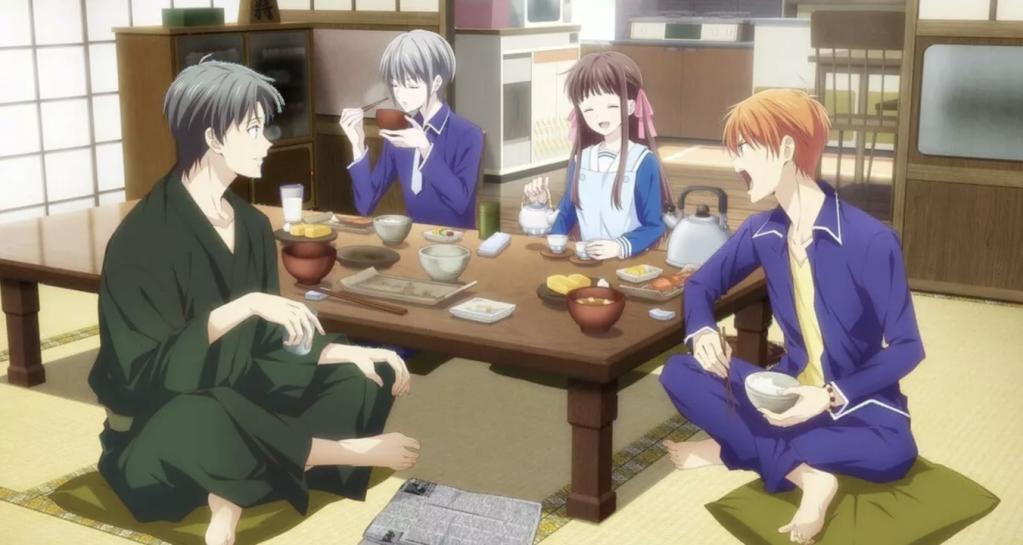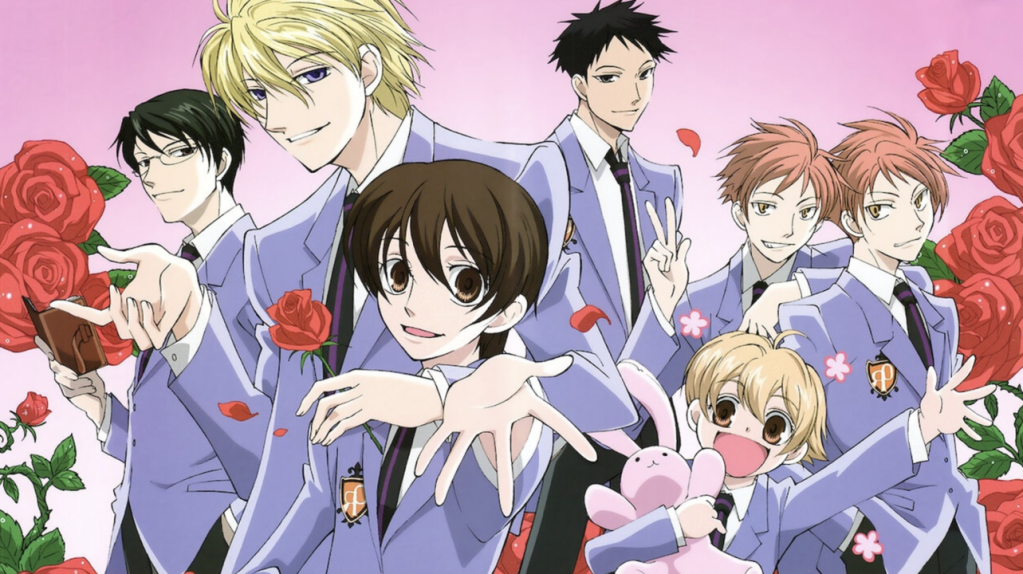What comes to mind when you think of the word “anime”? A generation-defining classic like Dragon Ball Z that’s filled with epic fight scenes? A high-octane thriller like Jujutsu Kaisen that’s renowned for its edge-of-your-seat moments? Or how about an iconic saga from one of the “Big 3” (aka Naruto, One Piece, or Bleach) that captivated viewers from around the world during the mid to late 2000s?
Throughout history, anime has been defined by these colossal shonen titles, renowned not only for their formidable protagonists driven by an unwavering determination to reach their goal, but also for their widespread appeal among both seasoned anime fans and newcomers to the medium. While there’s no doubting their current popularity, the past couple of years have seen a subtle yet growing shift in demand towards anime titles that offer comfort, upliftment, and sheer enjoyment.
First, let’s not get anime history twisted. Both romance (often referred to as shoujo) and slice-of-life (which encompasses various cosy elements) have always been popular genres. You only need to look to the classics like Sailor Moon and Cardcaptor Sakura, which served as the gateway into anime for many, alongside more recent titles like Fruits Basket and K-On! to understand their impact. But when we look back at the past decade, it was somewhat of a golden era for shonen anime. Countless new shows were produced, with many of them, like Attack On Titan and Demon Slayer, going on to make an unquestionable impact on the anime industry.

So, what changed?
Well, for starters, the COVID-19 pandemic hit, forcing people to stay in the safety of their homes. More time at home meant a lot more time spent in front of the TV, exploring what to watch between the hours of breakfast, lunch, and dinner — oh, and that pesky thing called work. Many of us sought comfort and escapism from the chaos and uncertainty of the world — and anime was there to provide exactly that. Haikyuu transported us into the world of high school volleyball and encouraged us to never give up. Horimiya fulfilled our longing for emotional connections through the heartwarming and comedic love story shared between its central characters. And Your Lie In April reminded us of the moments of beauty and joy that can be experienced during a grief-filled journey of self-healing.
It’s no wonder then that anime, especially titles focused on heartwarming stories or romantic themes, saw a meteoric rise in popularity during the pandemic. These titles didn’t just cater to longtime anime fans looking for a break from the intensity of shonen; they also allowed newcomers to dip their toes into the world of anime, making them incredibly accessible on a global scale. Bollywood actress Rashmika Mandana, who views anime as her ultimate “comfort zone” due to the emotional connections she forms with the characters, can certainly relate. In an interview with Kotaku Australia, she said, “We’re so involved with everything that’s happening in our lives that sometimes we need to disconnect from the world. I do this through anime because it’s got great stories, lovely visuals, and amazing characters. I can escape the real world and immerse myself in the anime world.”
Voice actor Sally Amaki shares a similar sentiment about anime and credits it with shaping who she is as a person. Speaking with Kotaku Australia, she said, “When I was in middle school, nobody around me was really into anime. [Because of that], I hid my ability to speak Japanese and my culture. Discovering anime allowed me to accept and embrace my culture. I felt like I wanted to be that person to someone else who may be struggling with their identity, which is why I became a voice actor.”

Global demand and the trend away from Shonen
“Now, anime is part of my daily routine. I definitely watch it when I need motivation, or if I’m feeling like I want to give up, that’s when I’ll put on Gintama. And because I have no love life, I find comfort in romance anime like Kaichou Maid Sama and Ouran High School Host Club to fill that void in my heart.”
Both Rashmika’s and Sally’s feelings toward anime aren’t all that uncommon. A recent study by Polygon on Gen Z and millennial fan habits revealed that “more than 3 in 4 use anime as an escape”, “more than 2 in 3 watch anime for comfort or strength”, and “nearly half watch anime to pump themselves up”. According to Gita Rebbapragada, Crunchyroll’s Chief Operating Officer, similar trends have emerged when looking at the anime titles Crunchyroll users are choosing to watch. “Anime, through no sort of intention, is very deeply speaking to the desire for uniqueness, authenticity, community, and flawed but relatable heroes — which are all things that this post-COVID generation wants.”
“Historically, what has defined anime, especially in the US, are those big shonen titles. I think that’s because it was the first sort of content that came over from Japan. Now, we’re seeing this shift towards diversity in anime that’s driven by a growing global demand. A good example of that Tomo-Chan Is A Girl, which is nominated for an award [at the 2024 Anime Awards]. We felt like it had a lot of potential and was going to work in a lot of our markets. They created such a great show which struck a chord with many viewers. Now, we can share that data with our partners, who will see the global demand for series like this and create more.”
Image: Crunchyroll

Leave a Reply